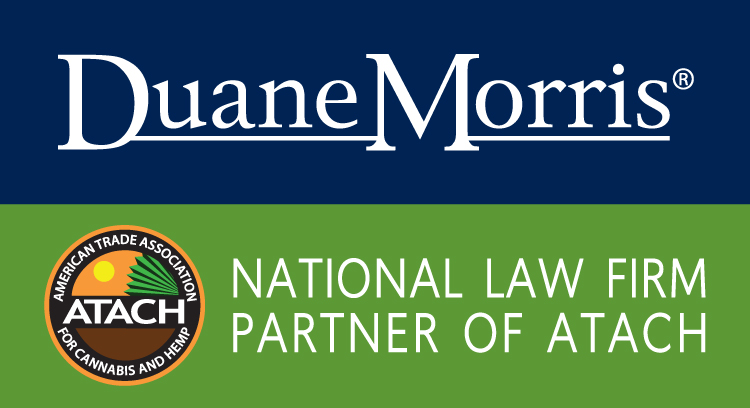In an April 28th letter authored by the American Trade Association for Cannabis and Hemp (ATACH) and the Policy Center for Public Health and Safety, 24 state-level cannabis trade associations from across the country called on Congress to end the Small Business Administration’s exclusion of cannabis businesses from COVID-19 federal funding relief.
Although a number of states have deemed medical marijuana companies- and in some cases adult use marijuana companies- “essential” businesses, the SBA has excluded them from the Economic Injury Disaster Loans because marijuana is still a prohibited Schedule 1 Controlled Substance. Even worse for the industry, SBA has included ancillary cannabis companies in its prohibition. The cannabis industry is also ineligible for the Paycheck Protection Program and the Employee Retention Credit.
This issue was first flagged by industry groups in early April when they wrote to governors asking them to fill the gap. The industry’s allies in Congress then took up the cause. Almost three dozen members of the U.S. House of Representatives signed a letter to congressional leaders urging that cannabis companies be included in future federal relief packages aimed at stimulating the economy during the COVID-19 outbreak. A group of 10 U.S. senators followed on April 22nd with their own letter urging congressional leaders to include small, state-legal marijuana businesses and ancillary companies in any future coronavirus relief packages. On April 23rd, Reps. Earl Blumenauer and Ed Perlmutter introduced the Emergency Small Business Health and Safety Act which would make cannabis businesses eligible for the SBA programs.
The ATACH letter urges Congress to amend the CARES Act to make cannabis businesses eligible for all available loans tax credits and other pandemic-related assistance. The letter also suggests Congress authorize fixed block grants to each state for non-specific pandemic relief. This would leave it up to the stated to tailor relief efforts and a individual state could make funds available to cannabis businesses.

 Duane Morris LLP and the American Trade Association for Cannabis & Hemp (ATACH) today announced the first-ever partnership agreement between an American Lawyer (Am Law) 100 law firm and a cannabis trade association. Duane Morris LLP is a law firm with more than 800 attorneys in offices across the United States and internationally. It marks the largest and most significant law firm partnership with a cannabis trade association to date.
Duane Morris LLP and the American Trade Association for Cannabis & Hemp (ATACH) today announced the first-ever partnership agreement between an American Lawyer (Am Law) 100 law firm and a cannabis trade association. Duane Morris LLP is a law firm with more than 800 attorneys in offices across the United States and internationally. It marks the largest and most significant law firm partnership with a cannabis trade association to date.